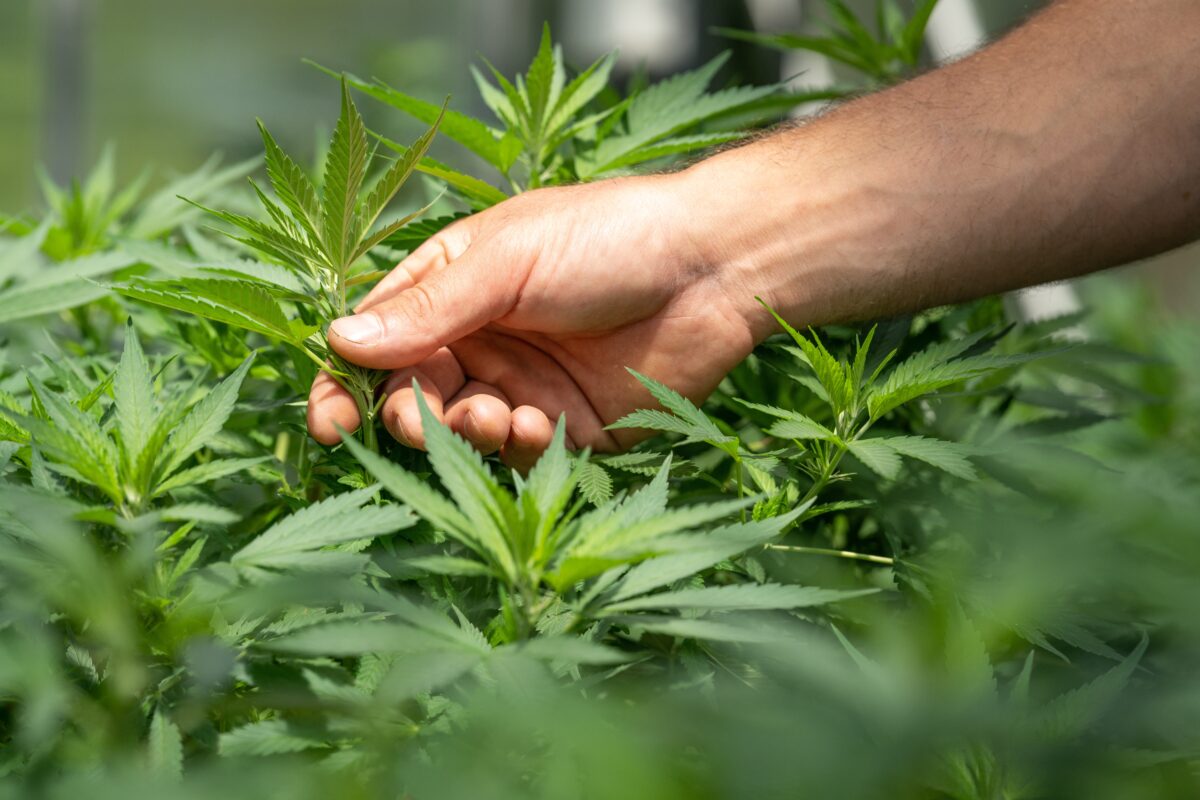CBD Knowledge
Debunking Common Myths and Misconceptions About CBD
Debunking Myths of CBD – In recent years, CBD (cannabidiol) has gained immense popularity for its potential health and wellness benefits. However, along with the growing interest in CBD, a number of myths and misconceptions have emerged. In this blog, we’ll explore some of the most common misunderstandings about CBD and separate fact from fiction.
Myth 1: CBD Gets You High
One of the most prevalent myths is that CBD can get you high, just like its cousin, THC (tetrahydrocannabinol). In reality, CBD is non-psychoactive, meaning it won’t induce the euphoric or intoxicating effects associated with THC. While both CBD and THC are cannabinoids found in the cannabis plant, they have distinct effects on the body. CBD interacts with the body’s endocannabinoid system, which helps regulate various functions, without causing a “high.”
Myth 2: CBD Is Always Derived from Marijuana
Another common misconception is that CBD is always derived from marijuana. While it can be found in marijuana plants, it can also be extracted from industrial hemp. In the United States, CBD derived from hemp is legal at the federal level, as long as it contains less than 0.3% THC. This is why hemp-derived CBD products are widely available and legal in many states.
Myth 3: CBD Is a Cure-All
CBD has been touted as a miracle cure for a wide range of health issues, from anxiety and pain to cancer and diabetes. While there is promising research on the potential benefits of CBD, it’s essential to understand that it is not a one-size-fits-all solution. The effects of CBD can vary from person to person, and it may not work for everyone or address all health conditions. It’s crucial to consult with a healthcare professional for personalized advice.
Myth 4: More CBD Means Better Results
Some people believe that taking higher doses of CBD will lead to better results. While the appropriate dosage varies depending on individual factors, such as body weight and metabolism, more is not necessarily better. In some cases, lower doses of CBD may be more effective for certain conditions. It’s advisable to start with a low dose and gradually increase it while monitoring your body’s response.
Myth 5: CBD Works Instantly
Expecting immediate results from CBD is another misconception. CBD often takes time to build up in your system and produce noticeable effects. Factors such as the method of consumption (e.g., tinctures, edibles, or vaping) and the individual’s metabolism can influence how quickly CBD takes effect. Patience is key when using CBD, and it may take several days or even weeks to experience the full benefits.
Myth 6: All CBD Products Are Equal
Not all CBD products are created equal. The quality and effectiveness of CBD products can vary significantly between brands and manufacturers. It’s crucial to research and choose reputable, third-party-tested brands that provide accurate information about their products’ content and purity. Look for products with a Certificate of Analysis (COA) to ensure their quality.
Myth 7: CBD Is Addictive
CBD is often wrongly associated with addiction, but it is not addictive. Unlike THC, CBD does not have the potential for substance abuse or addiction. In fact, it has been studied for its potential to help individuals with substance abuse disorders and addiction withdrawal.
Myth 8: You Can Overdose on CBD
CBD is generally well-tolerated by most people, and there is no known lethal dose. However, taking extremely high doses may lead to side effects such as dizziness, diarrhea, or drowsiness. It’s essential to follow recommended dosages and consult with a healthcare professional if you have concerns about CBD consumption.
In conclusion, while CBD shows promise as a natural supplement for various health and wellness purposes, it’s crucial to separate the facts from the myths. Educating yourself about CBD and its effects is the best way to make informed decisions about its use. Always consult with a healthcare professional before starting any new wellness regimen, especially if you have underlying medical conditions or are taking other medications.

